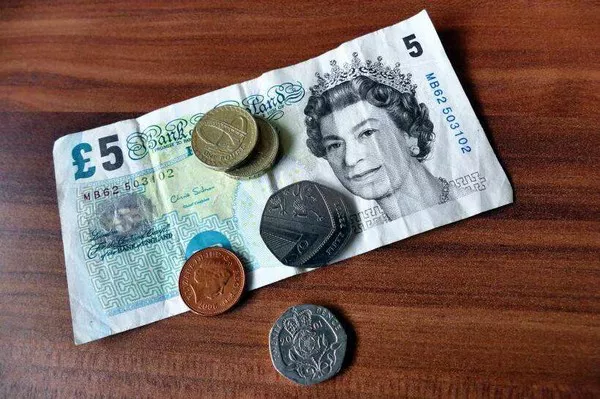GBP, widely recognized as the currency code for the British Pound or Pound Sterling, is an abbreviation that holds significance in the financial world. It is used to represent the official currency of the United Kingdom and plays a crucial role in global trade and finance. In this article, we will delve into the meaning of GBP, its historical context, and its usage in various financial contexts.
The Origins of GBP
The abbreviation GBP stands for “Great British Pound,” representing the British Pound Sterling. The term “sterling” originates from the Old Norman word “sterre,” which means “star.” This reference to a star was likely due to the small stars that traditionally appeared on English coins.
Historical Background
The history of the British Pound dates back centuries, with its roots embedded in the evolution of British currency. During the Anglo-Saxon period, silver pennies were used as a medium of exchange. Over time, the currency transformed, and in 1489, King Henry VII introduced the first standardized English coinage known as the Pound Sterling.
In the early days, the Pound’s value was linked to the value of silver. It was originally divided into 20 shillings, with each shilling further divided into 12 pence. However, with the passage of time and changing economic realities, the link between the Pound and precious metals dissolved, leading to the adoption of a fiat monetary system.
The Adoption of Currency Codes
As global trade expanded, the need for standardized currency codes became apparent. To simplify international transactions and facilitate accurate record-keeping, the International Organization for Standardization (ISO) introduced a standard three-letter code system called ISO 4217. This system assigned unique codes to different currencies worldwide, including the British Pound.
Understanding GBP as a Currency Code
Within the ISO 4217 system, the currency code GBP serves as a shorthand representation of the British Pound. It consists of three characters: “GBP.” The first two letters, “GB,” represent the country code for the United Kingdom, while the third letter, “P,” signifies the currency itself.
The GBP currency code is widely recognized and used by financial institutions, central banks, businesses, and individuals engaging in international trade or financial transactions involving the British Pound. It enables clear identification and differentiation of currencies in a global context.
Usage of GBP in Financial Contexts
1. Currency Exchange Rates: Currency exchange rates determine the relative value of one currency against another. When looking at exchange rate charts or conducting foreign currency conversions, the GBP abbreviation is commonly used to represent the British Pound. For instance, a currency quote showing GBP/USD 1.38 indicates that one British Pound is equivalent to 1.38 US Dollars.
2. Forex Trading: In the world of foreign exchange (forex) trading, where currencies are bought and sold for speculative purposes, the GBP abbreviation is extensively used. Traders closely monitor GBP exchange rates and analyze various factors that impact its value, such as economic indicators, political events, and market sentiment.
3. International Payments and Banking: When engaging in international money transfers or conducting cross-border transactions, the British Pound is often identified using the GBP currency code. This ensures accuracy and avoids any confusion regarding the specific currency involved in the transaction.
4. Financial Reporting: GBP is also utilized in financial reporting and accounting practices. Companies operating in the United Kingdom may use the currency code when presenting their financial statements or disclosing monetary amounts in their annual reports.
5. Commodity Pricing: In certain commodity markets, such as oil or gold trading, prices may be denominated in multiple currencies. In these cases, the British Pound is designated by its currency code, GBP, alongside other currencies such as USD (US Dollar) or EUR (Euro).
Conclusion
GBP, an abbreviation for Great British Pound, is the currency code that represents the official currency of the United Kingdom – the Pound Sterling. It has a rich historical background and plays a crucial role in global finance and trade. The use of standardized currency codes, such as GBP, simplifies international transactions, enables accurate record-keeping, and facilitates clear identification of currencies in various financial contexts. Whether used in currency exchange rates, forex trading, international payments, financial reporting, or commodity pricing, GBP remains an essential abbreviation in today’s interconnected financial world.


